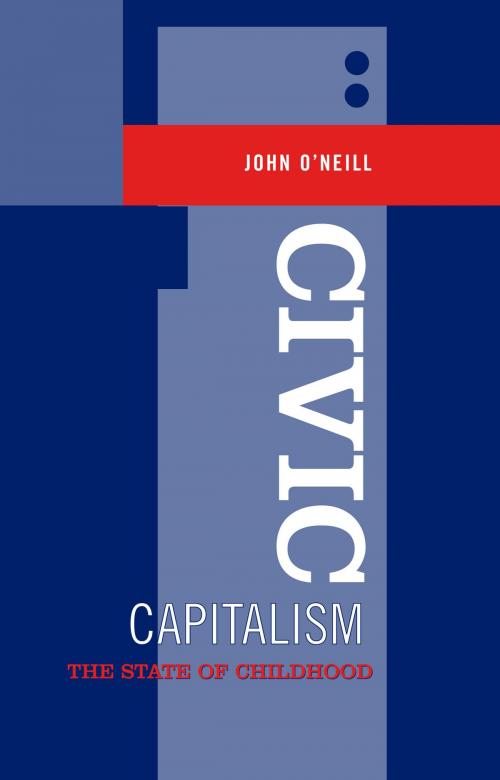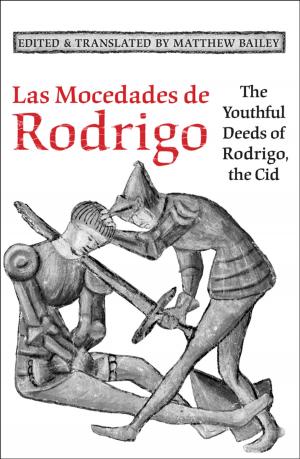Civic Capitalism
The State of Childhood
Nonfiction, Reference & Language, Law, Child Advocacy, Social & Cultural Studies, Political Science, Government, Civics, Social Science, Sociology| Author: | John O'Neill | ISBN: | 9781442658998 |
| Publisher: | University of Toronto Press, Scholarly Publishing Division | Publication: | December 15, 2004 |
| Imprint: | Language: | English |
| Author: | John O'Neill |
| ISBN: | 9781442658998 |
| Publisher: | University of Toronto Press, Scholarly Publishing Division |
| Publication: | December 15, 2004 |
| Imprint: | |
| Language: | English |
Offering a positive formulation of the moral practices that are basic to the civic institution of childhood, citizenship, and social justice, Civic Capitalism expands the economist's concept of human capital to include health, education, and other social transfers that enrich civic capital formation. John O'Neill demonstrates how this development has become the political core of capitalist societies in North America and Europe whose welfare regimes are continuously contested yet intrinsic to ideals of citizenship and social justice.
Civic Capitalism examines the current surrender to global capitalism and market elites that exploit rich national niches of civic society, education, health, the rule of law, and social security, and challenges it to re-focus on the needs of children and the poor. Elite ideologies of anti-governance and anti-taxation are indifferent to the needs of society's most vulnerable, and fail to realize that inequality, ignorance, and sickness are the most present impediments to economic growth and democracy. O'Neill gives moral voice to children and the state of childhood – the site where our notions of well-being (health, education, human capital) are tested. His research draws upon the classical tradition of critical political economy and social policy in Galbraith, Rawls, and Tawney, to name a few. Working within this tradition, he provides a grammar of civic childhood and the wealth of nations.
Offering a positive formulation of the moral practices that are basic to the civic institution of childhood, citizenship, and social justice, Civic Capitalism expands the economist's concept of human capital to include health, education, and other social transfers that enrich civic capital formation. John O'Neill demonstrates how this development has become the political core of capitalist societies in North America and Europe whose welfare regimes are continuously contested yet intrinsic to ideals of citizenship and social justice.
Civic Capitalism examines the current surrender to global capitalism and market elites that exploit rich national niches of civic society, education, health, the rule of law, and social security, and challenges it to re-focus on the needs of children and the poor. Elite ideologies of anti-governance and anti-taxation are indifferent to the needs of society's most vulnerable, and fail to realize that inequality, ignorance, and sickness are the most present impediments to economic growth and democracy. O'Neill gives moral voice to children and the state of childhood – the site where our notions of well-being (health, education, human capital) are tested. His research draws upon the classical tradition of critical political economy and social policy in Galbraith, Rawls, and Tawney, to name a few. Working within this tradition, he provides a grammar of civic childhood and the wealth of nations.















